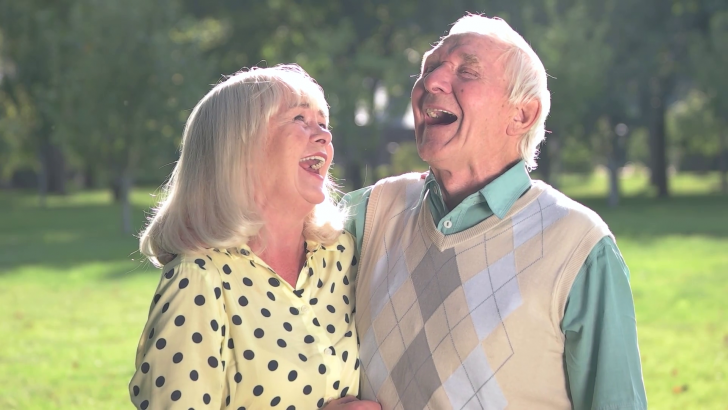Medical Matters
What is the secret to longevity or healthy ageing? For centuries, scientists have searched for a so-called ‘elixir of life’ that could maintain our youth and halt the ageing process. The complexity of ageing and its genetic and biological determinants are being increasingly explored in population studies, though finding magic bullets to stave off old age anytime soon may be a premature expectation.
The gains in life expectancy in the early part of the last century were driven by improvements in infant mortality, sanitation, nutrition and vaccination. However, in the last few decades the biggest factor has been the development of better treatments for cancer and heart disease.
The ageing demographic in Ireland is reflected in a 19% increase in those aged over 65 between 2011-2016. However, this did not merely result from an increase in the numbers reaching their late 60’s or 70’s but in fact similar rises across the entire older population.
For example, there was a 16% increase in those aged 85 or above and a 17.2% rise in those aged 100 or older. While 65 is still a traditional age cut-off for defining when geriatricians care for older patients, in reality there is a recognised dichotomy that considers ‘younger old’ (65-80 years) as distinct from ‘older old’ (80+) where the preponderance of ill health occurs.
Indeed, it is not that uncommon to see those of extremes of age attending health services. Globally, the oldest authenticated age at death was 122 years and 164 days!
Of course, the prospect of reaching a ‘ripe old age’ often conjures negative thoughts based on perceived beliefs about future disability and ill health. But in fact, modern medical advances can often postpone the effects of ill health and disease until much later, allowing people to maintain better function and quality of life. Indeed, in the very old, significant disability is often delayed to the last 5-10% of years lived.
So what determines healthy ageing? There are several interconnected factors that play a role in maintaining physical, cognitive and mental health with age.
From a medical perspective, cancer, heart and stroke disease still rank as the biggest causes of death, so it is crucial to pay attention to risk factors such as high blood pressure, cholesterol, avoidance of smoking, and alcohol excess.
Exercise is probably one of the most overlooked and underprescribed interventions in maintaining good health. Regular exercise helps lower blood pressure, improve circulation, maintain healthier bones, muscle mass and normal weight, and may reduce the risk of falls and dementia. It also helps to preserve better physical function and can reduce the risk of depression. A healthy diet reduces cancer and heart disease risk and may be important in preserving brain health.
Having a good social network around you is consistently associated with better physical and mental health as well as longevity. Adapting to changes in life in a positive way is also crucial. For example, those who have a positive outlook and indeed perceive longer life expectancy live longer, which may in part be explained by greater motivation and self-interest in their health.
We can’t change our genetics but it may account for about 25% of the variation in longevity and even more when parents live to extremes of age. But it is also the interaction of dietary and environmental exposures (over decades) with our genetic template that helps determines ageing. Life stressors may elicit immuno-hormonal and inflammatory responses that contribute to ageing.
Having a good social network around you is consistently associated with better physical and mental health
Finally, it is often the case that the older person is affected by ‘ageism’ in how they see their own lives. This is also sometimes true of doctors in non-geriatric specialities who find it increasingly difficult to make complex desicions about major treatments including surgery in older adults. Chronological age alone is a poor indicator of prognosis and indeed some of the oldest of my patients are medically quite fit. The last centenarian (under my medical care) who fractured their hip at the age of 103 went home sucessfully after having their surgery and rehabilitation.
In achieving healthy ageing, keep (so far as is possible) active physically, mentally and socially, listen to your own body and pay close attention to your health. In many ways we are only as old as we feel!
Dr Kevin McCarroll is a Consultant Physician in Geriatric Medicine, St James’s Hospital, Dublin.


 Dr Kevin McCarroll
Dr Kevin McCarroll